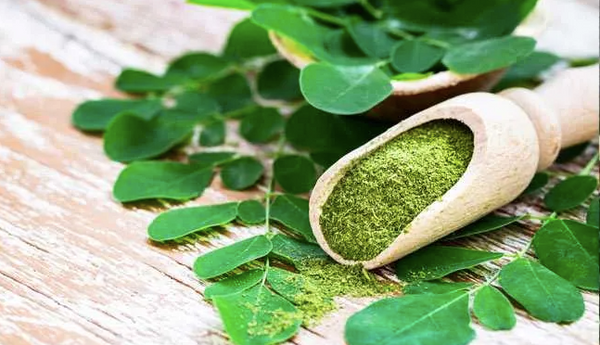
Moringa & Immunity - Can Moringa Boost immunity?

Moringa, also known as the drumstick tree or horseradish tree, is a plant native to the Himalayan region of India. It is a highly nutritious plant that has been used for centuries in traditional medicine for its' nutritional value and for overall health & wellness. Moringa leaves are a rich source of antioxidants, vitamins, and minerals, making it a natural choice for supporting the immune system.
Immune Boosting Compounds in Moringa
One of the key immune-boosting compounds found in moringa is a group of plant compounds called flavonoids. These powerful antioxidants help to protect the body from free radicals, which are unstable molecules that can damage cells and contribute to the development of diseases such as cancer and heart disease.
Moringa is also a good source of vitamin C, which is essential for a healthy immune system. Vitamin C helps to stimulate the production of white blood cells, which are crucial for fighting infections.
Moringa is also a good source of other nutrients that are important for immune health. For example, it is a rich source of beta-carotene, a powerful antioxidant that helps to protect cells from damage.
It is also a good source of zinc, which is a trace mineral for the proper functioning of the immune system. Zinc helps to activate certain immune cells and plays a key role in the production of antibodies, which are needed to fight off infections.
In addition to its immune-boosting properties, moringa has been shown to have a number of other health benefits.
For example, it has been used to treat anemia, lower blood pressure, and reduce inflammation. It has also been shown to have anti-diabetic and anti-tumor properties, although more research is needed to verify these benefits.
Moringa & Immunity - Scientific Studies
Moringa is one of the few plants that has been actually studied for its' potential immune system benefits.
For example, one study found that women taking just 1.5 teaspoons of moringa powder per day for three months significantly increased blood antioxidant levels.
Inflammation is known to lead to weakened immunity as well and several studies have found the isothiocyantes can lead to improved markers for inflammation in the body, indicating a stronger immune system.
How Can Moringa Be Consumed?
If you're interested in trying moringa to boost your immunity, then you've got plenty of options.
Moringa leaves can be eaten fresh or dried and used to make moringa tea. The seeds can be roasted and eaten as a snack, or they can be ground into a powder and added to smoothies or other dishes.
Alternatively, moringa can be dried and ground into a powder to be used in a smoothie or in capsule form.
Final Recap
Overall, moringa is a highly nutritious plant that has a number of potential health benefits, including its ability to boost the immune system.
If you're interested in trying moringa to boost your immunity, consider trying any of our moringa products.
